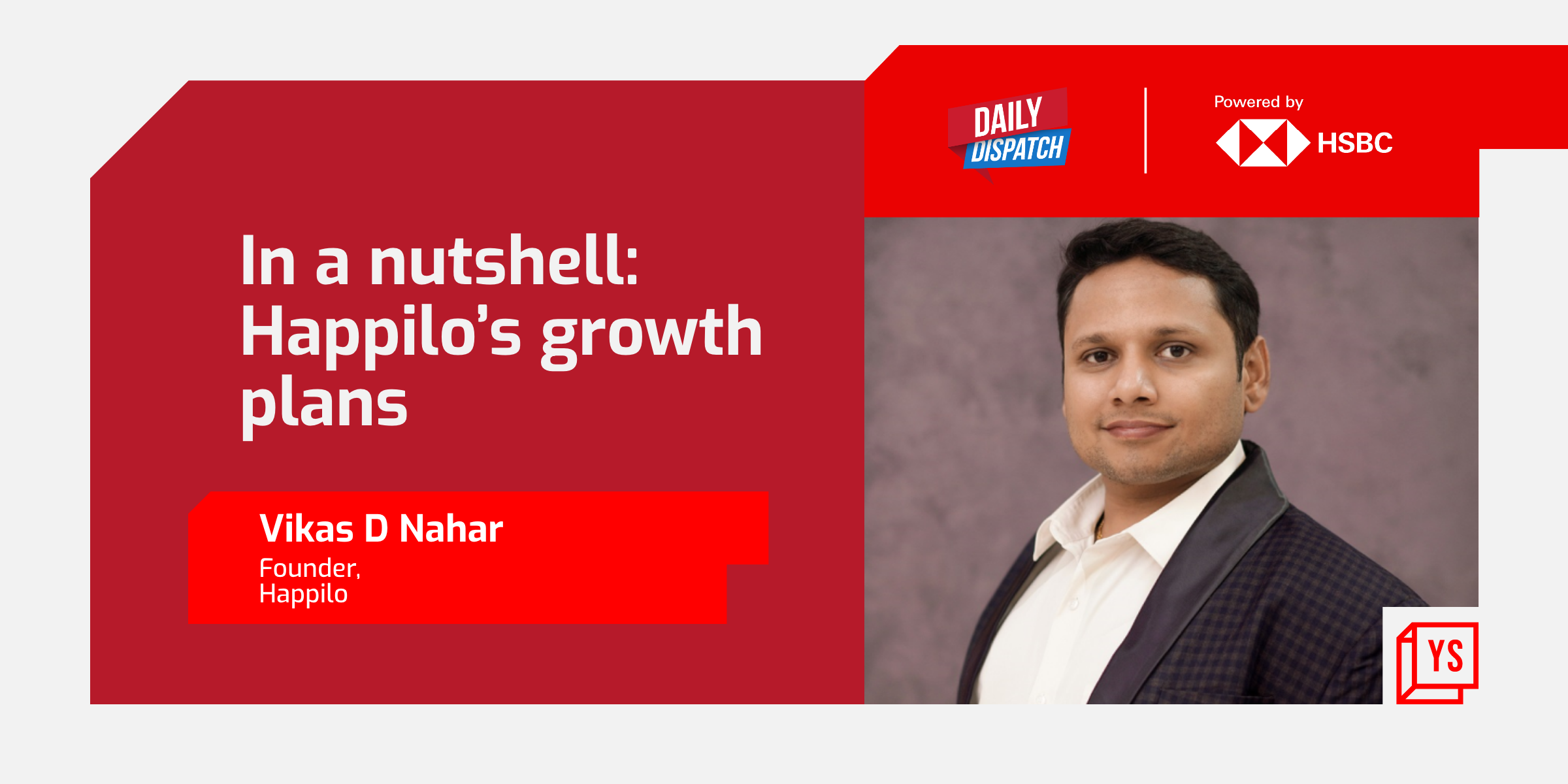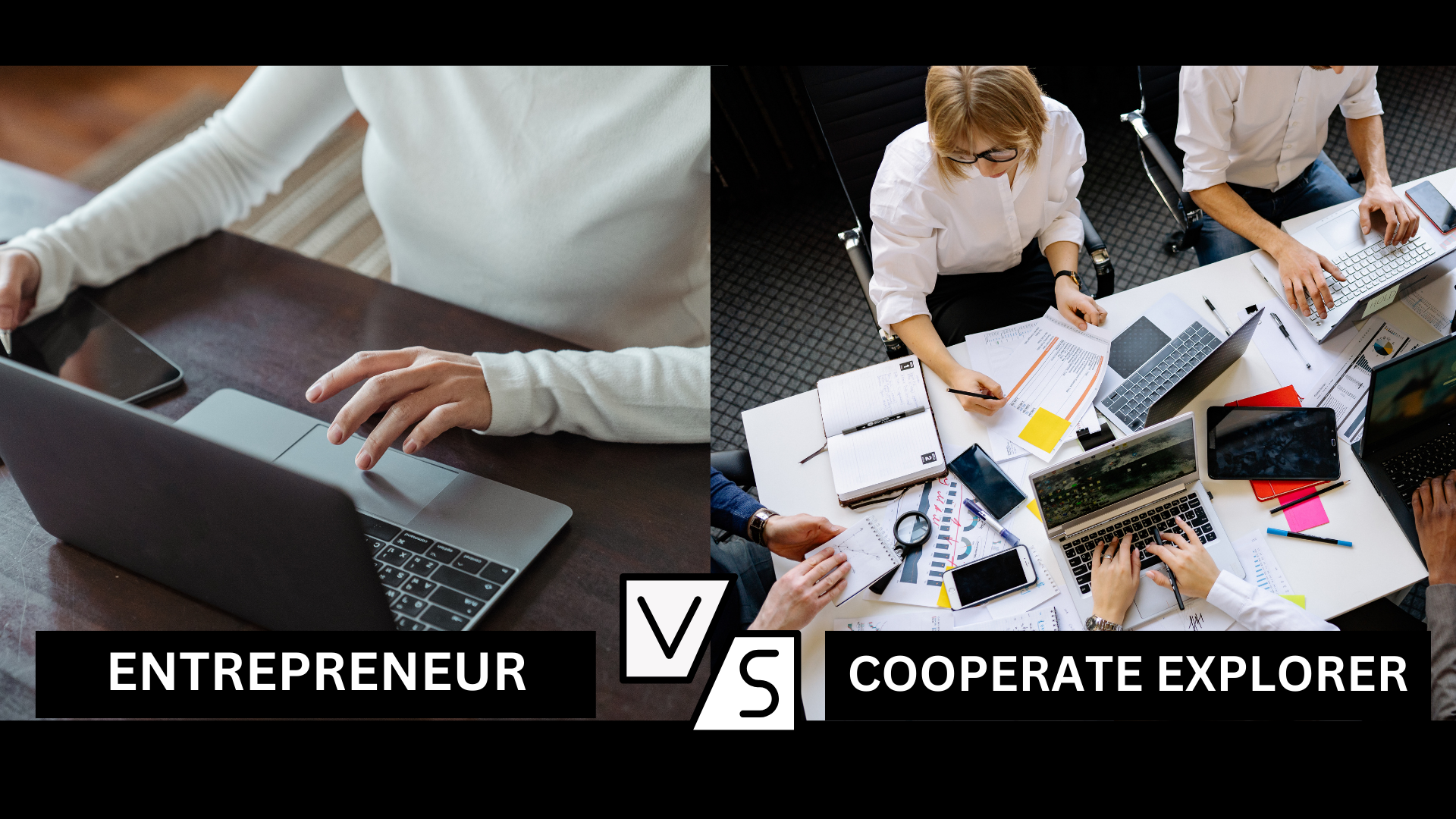How Patents Help Internet Companies - Friendster &Facebook[CaseStudy]
Friday May 18, 2012 , 4 min Read

Friendster was founded in 2002 before MySpace (2003) and Facebook (2004). They invented some innovative technologies and business methods that pioneered social networking. Even at an early stage, they knew the importance of their IP by filing their internet patents in the US. They might have not known then how much those patents would be worth after 10 years. Friendster was deemed a runaway success overnight. Google offered $30 million to buy out Friendster in 2003, but the offer was turned down. Friendster was then funded by Kleiner, Perkins, Caufield & Byers and Benchmark Capital in October 2003 with a reported valuation of $53 million. Friendster's decision to stay private instead of selling to Google in 2003 is considered one of the biggest blunders of Silicon Valley. Eventually, on December 9, 2009, Friendster was acquired for $26.4 million by a Malaysian company, MOL Global.
However, perhaps Friendster's decision to not sell to Google would not have been such a bad decision after all, had they known the real value of their patents. It turned out that even though Friendster did the smart thing by obtaining patents, they made the blunder of valuing their patents based mainly on their business. They sold their patents along with their business. They thought that since the business was not making money, the patents could not be worth much on their own. They bundled the patents along with the business and sold them to MOL Global. There was one smart investor who knew where Friendster's value really came from, which was not from the business (which was burning money), but from the assets (i.e., patents). Vincent Tan, of MOL Global, was aware then that Facebook was interested in Friendster's patents. He convinced Facebook to trade in their shares in exchange for Friendster's patents. Mark Zuckerberg was certainly not keen to dilute the shares in Facebook but Vincent Tan stuck to his demand for Facebook shares. Tan got 700,000 shares, which grew to 3.5 million shares following a 5-for-1 split in Facebook’s shares before the IPO process.
The question is why would Facebook give away shares in 2010 when they would have known that an IPO was likely soon. Of course, Facebook would have known that the value of its shares would shoot up if they were to go for an IPO. The answer is that Facebook gave away the shares because Facebook got something in return that they knew was even more valuable than Facebook shares, which is Friendster's patents. Had Friendster's patents gotten in the hands of a patent troll, Facebook's valuation might have been wiped off. Hence, to Facebook, Friendster's patents were worth even more than Facebook's shares and the promise they held post IPO. Today Vincent Tan's MOL Global's shares, assuming the IPO price is set at US$40 a piece, would translate to US$140mil, and even more after the listing.
How did Tan get Facebook to part with shares that are worth $140 million today? He was not the inventor of the patented technology for Friendster. He was not the entrepreneur who built Friendster's business. However, he knew the value of patents, perhaps not fully, but at least partially. Perhaps if Tan had approached a patent troll to sell Friendster's patents instead of going to Facebook, he could have used it as a negotiating strategy to get Facebook to part with more shares. However he most probably made the assumption that patents that Facebook was interested in were worth most to Facebook, instead of to people who were interested in suing Facebook. Luckily for Facebook, they ended up with the patents (just by giving some shares) instead of losing them to a patent troll who would enforce the patents against Facebook.
- Arjun Bala, Patent Agent and Managing Partner of Meta Yage IP Strategy Consulting







